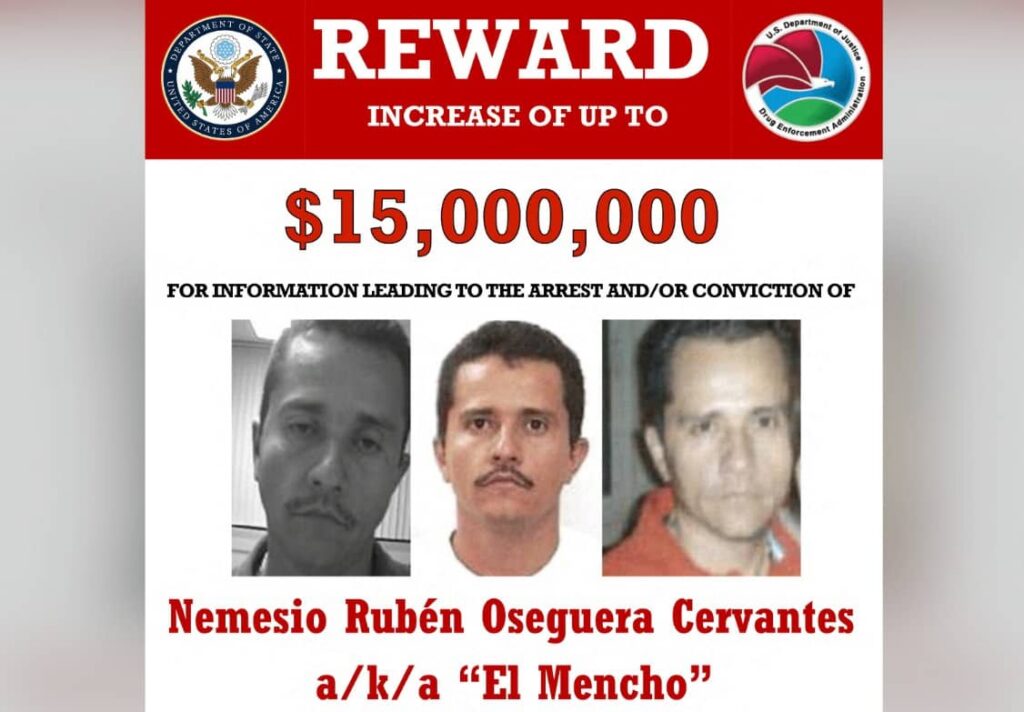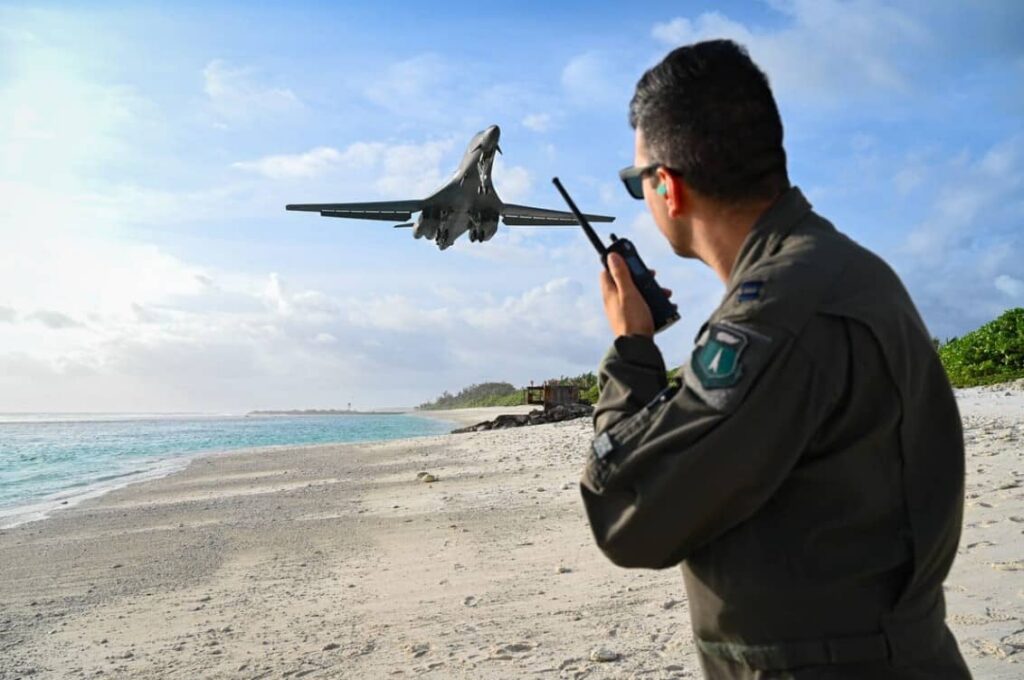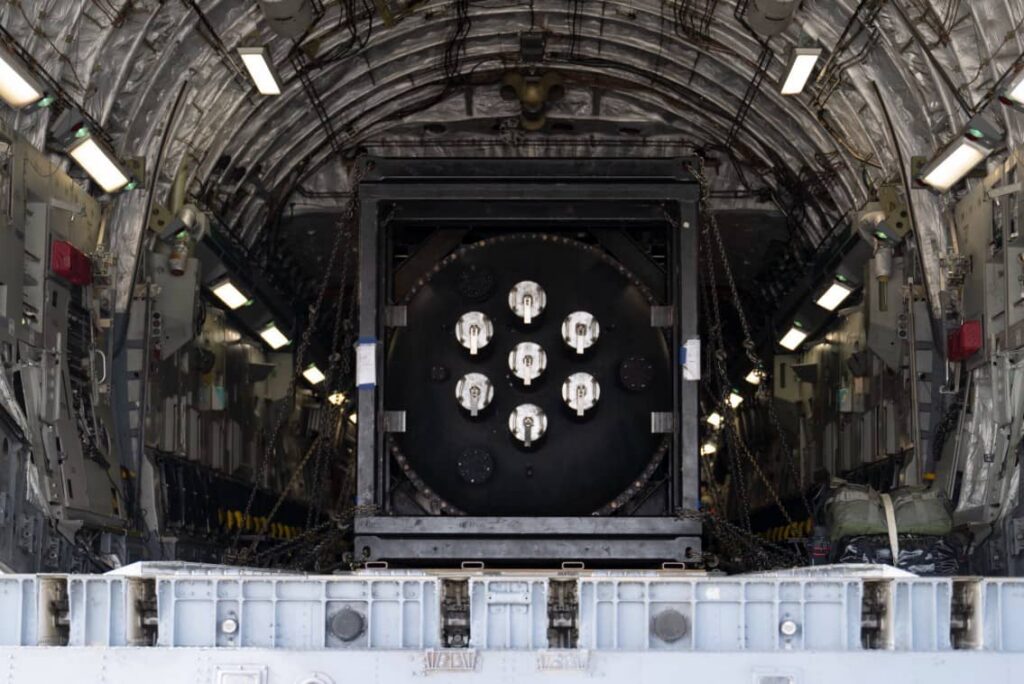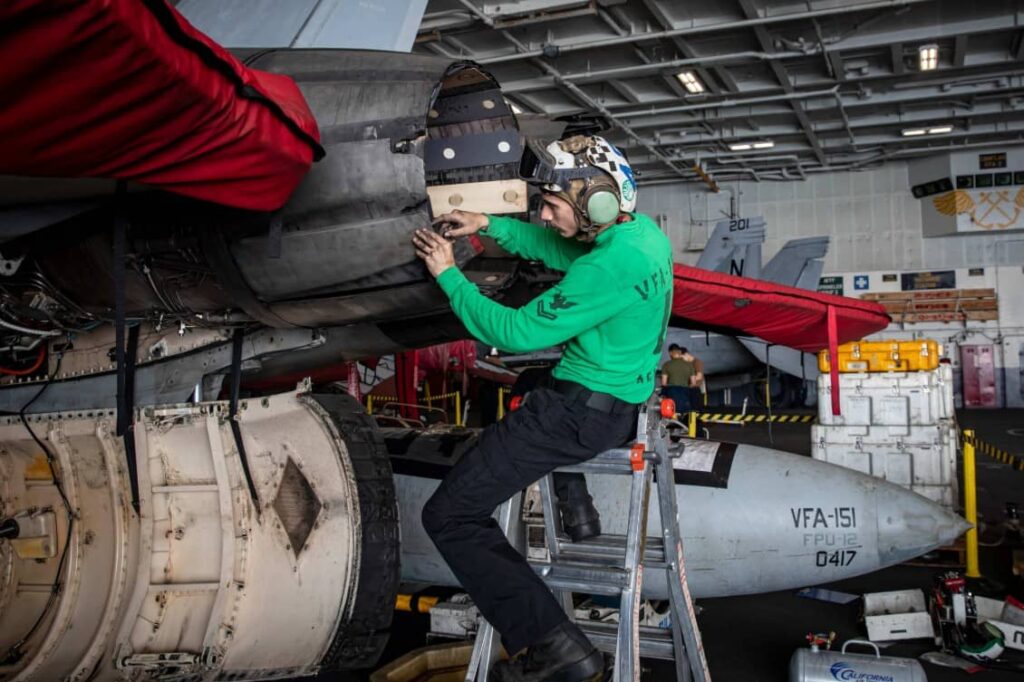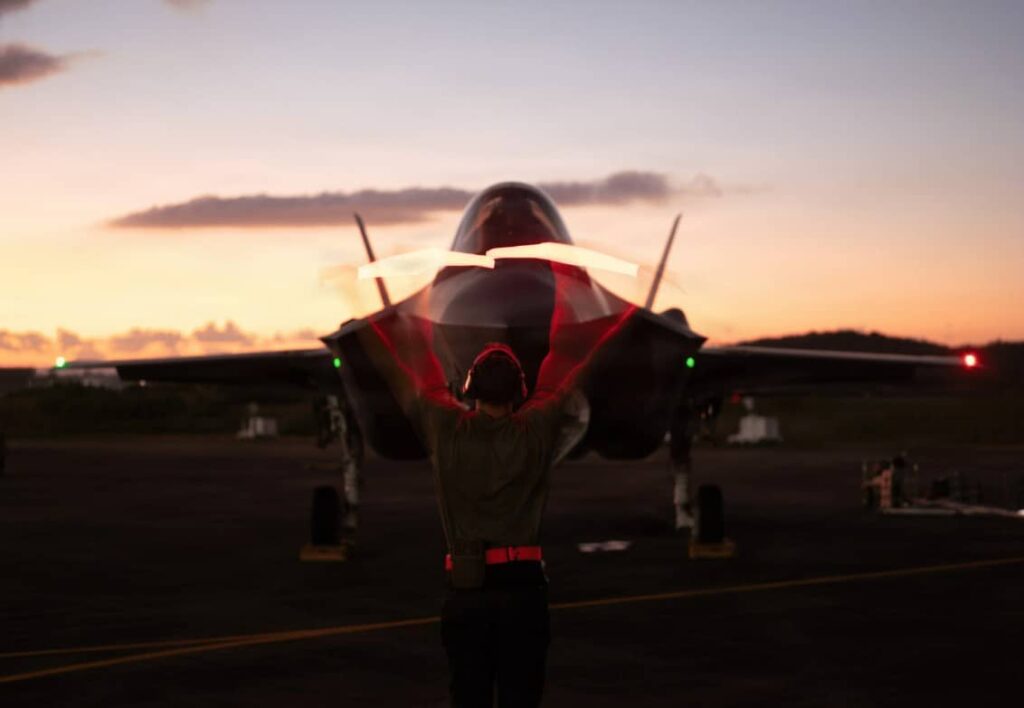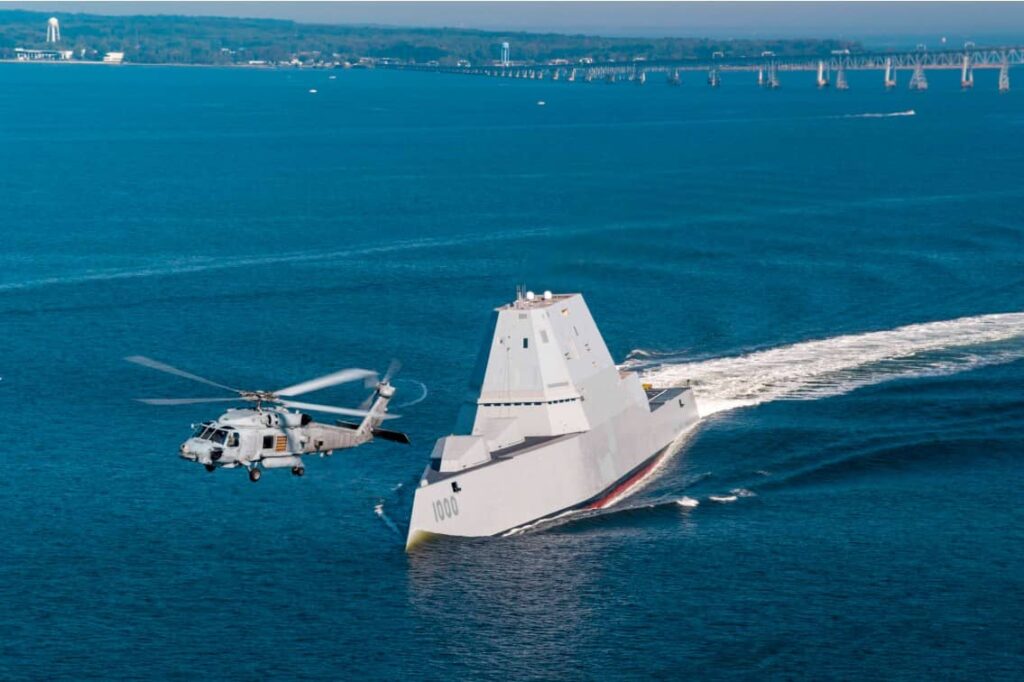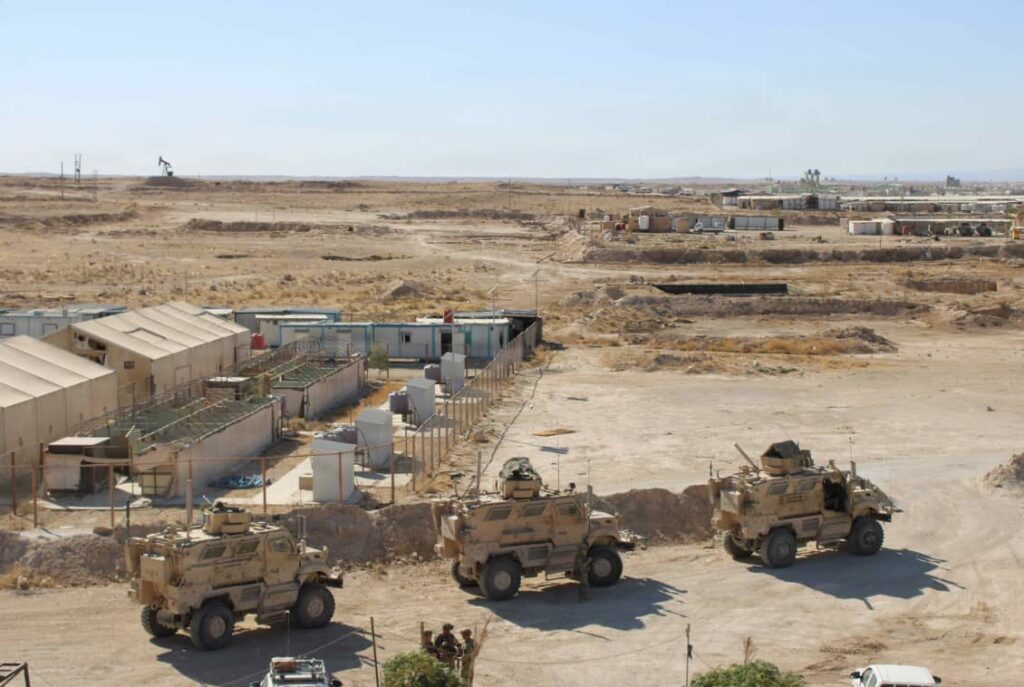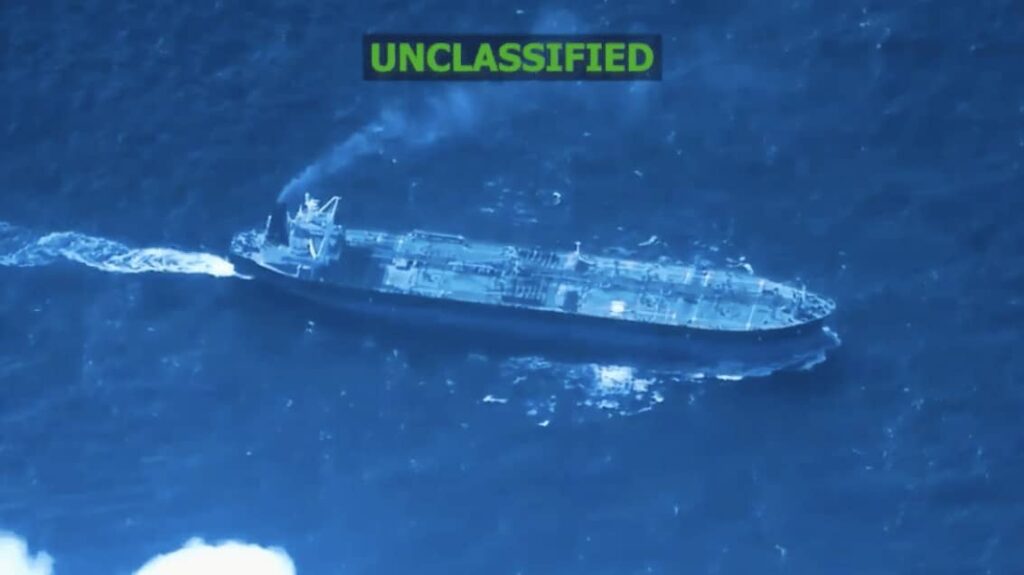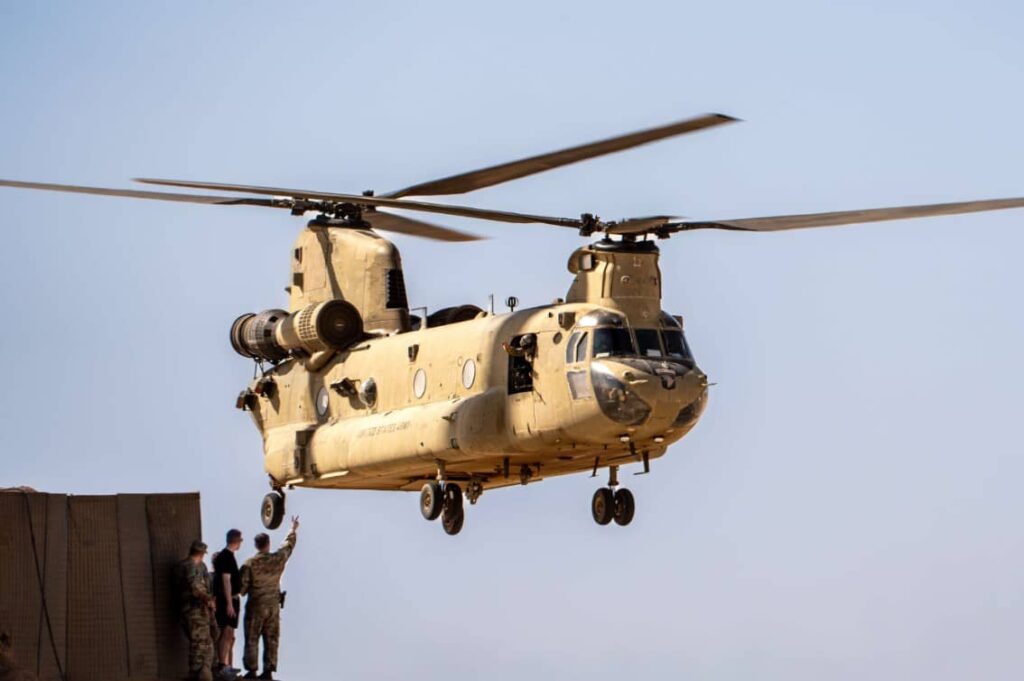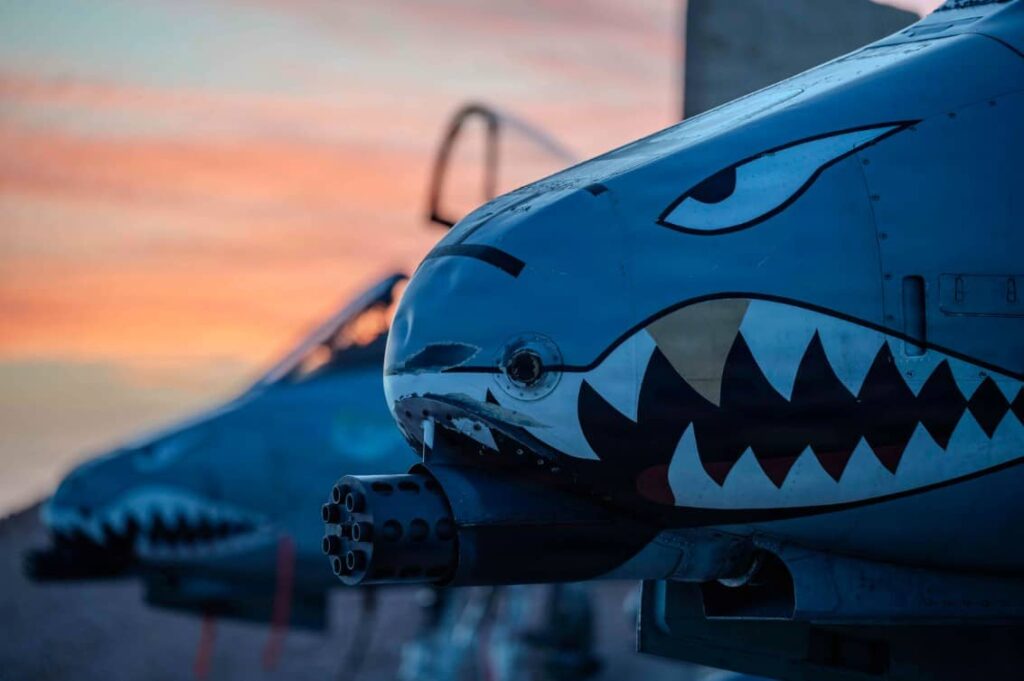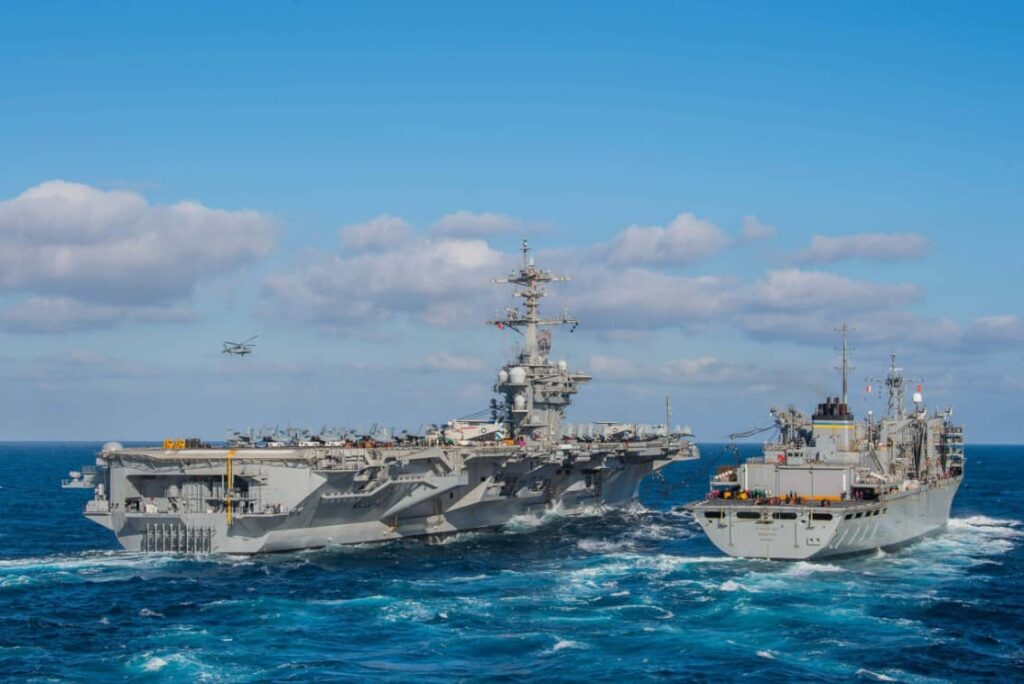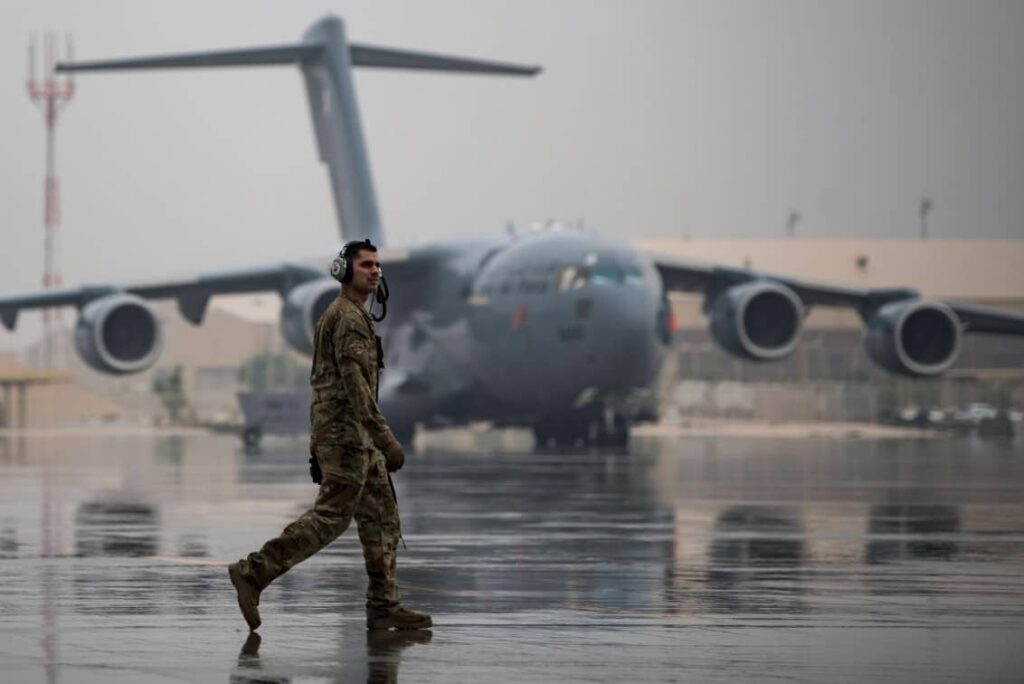Pentagon Briefs Trump on Potential Venezuela Strikes Following Carrier Arrival
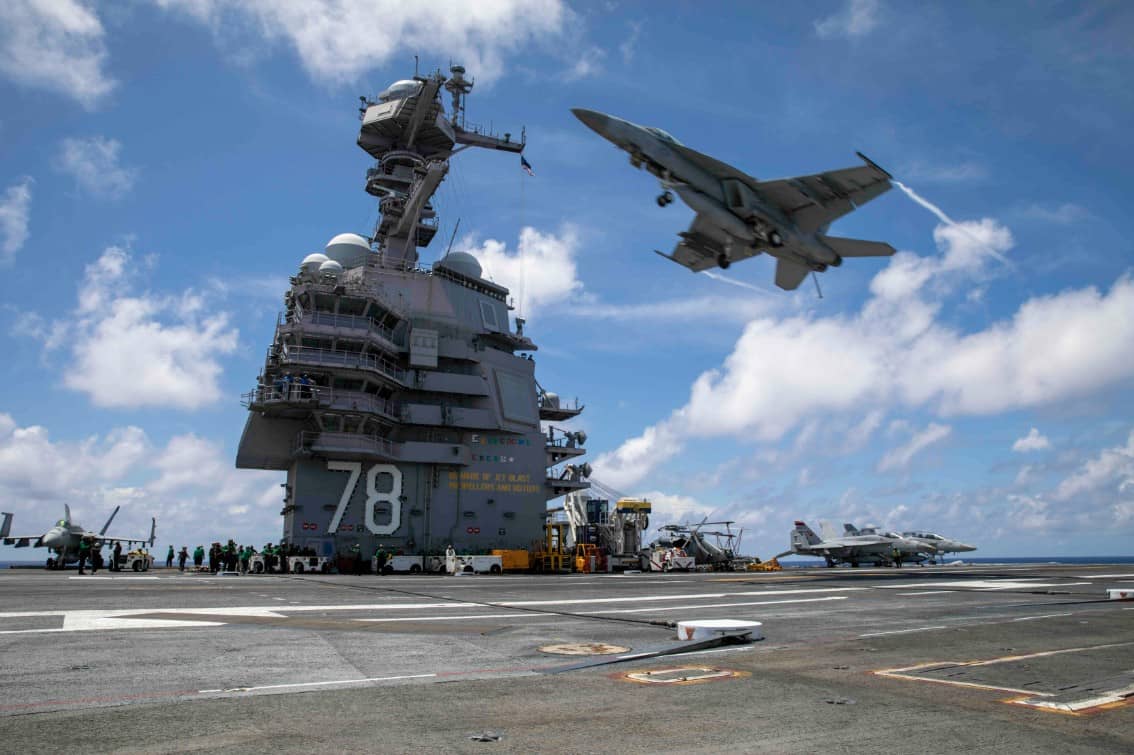
A U.S. Navy F/A-18E Super Hornet from Carrier Air Wing 8 soars above the USS Gerald R. Ford, the world's largest aircraft carrier, during operations on July 6, 2025.
President Donald Trump is evaluating potential military strikes on Venezuela, according to senior sources cited by CBS News. In recent days, top U.S. military leaders, including Secretary of War Pete Hegseth and Joint Chiefs of Staff Chairman Dan Caine, presented detailed briefing materials to the president outlining various strike options targeting Venezuelan assets.
The discussions remain in the planning phase, with no final decision announced by the White House. Intelligence agencies have contributed assessments supporting the proposals, focusing on Venezuela's role in regional instability and drug trafficking networks.
This development follows a sharp escalation in U.S. operations against suspected narco-smuggling operations. Since September, American forces have conducted multiple airstrikes on vessels believed to be transporting illicit drugs, resulting in at least 76 fatalities. The latest incident occurred on November 10 in the eastern Pacific, where strikes destroyed two boats and killed six individuals.
The timing of the briefings aligns with significant U.S. military deployments in the region. The USS Gerald R. Ford carrier strike group, a formidable assemblage of naval power, has recently arrived in the Caribbean Sea. This deployment includes approximately 10,000 personnel, backed by an array of warships, submarines, and advanced fighter aircraft, positioning substantial combat capabilities near Venezuela's coastline.
Secretary Hegseth announced an expansion of the ongoing anti-drug initiative on Thursday, rebranding it as "Operation Southern Spear." In his statement, he emphasized the operation's broader objectives beyond mere interdiction.
"This mission defends our homeland, removes narco-terrorists from our hemisphere, and secures our homeland from the drugs that are killing our people," Hegseth declared. "The western hemisphere is America’s neighborhood – and we will protect it."
The renamed operation signals a more aggressive posture, integrating naval, air, and possibly ground elements to disrupt trafficking routes originating from South America. While Hegseth provided no specifics on future phases, the involvement of a carrier strike group suggests preparedness for sustained and large-scale actions.
Venezuela has long been a focal point for U.S. concerns regarding drug flows into North America. The country's economic collapse under the Maduro regime has facilitated the growth of criminal organizations, many with alleged ties to government officials. U.S. authorities claim that a significant portion of cocaine entering the United States transits through Venezuelan waters or airspace.
The potential strikes under consideration could target infrastructure used by these networks, including ports, airfields, or command centers. However, any direct military action against a sovereign nation would carry substantial risks, including diplomatic fallout with regional allies and the possibility of broader conflict.
The USS Gerald R. Ford represents the pinnacle of U.S. naval projection. Displacing over 100,000 tons, it serves as a mobile airbase capable of launching dozens of sorties daily. Its presence in the Caribbean underscores the administration's willingness to back rhetoric with hardware.
Operation Southern Spear builds on previous efforts but adopts a more comprehensive approach. Earlier operations focused primarily on maritime interdictions, often involving Coast Guard cutters and Navy destroyers boarding suspicious vessels. The new framework appears to authorize lethal force more readily, as evidenced by the rising death toll from recent strikes.
Critics may question the legality and efficacy of such unilateral actions, particularly without explicit congressional authorization for war. Proponents argue that defending against transnational threats like drug cartels justifies robust measures, especially when those threats directly contribute to domestic crises such as the opioid epidemic.
As the situation evolves, the White House maintains operational silence. President Trump's administration has historically favored bold moves on national security, from drone strikes abroad to border enforcement at home. Whether Venezuela becomes the next theater remains uncertain, but the pieces are clearly in motion.
The convergence of high-level briefings, massive troop deployments, and intensified kinetic operations paints a picture of an administration preparing for contingency. For now, the world watches as the United States weighs its next step in America's troubled southern neighborhood.
President Trump ordered action — and the Department of War is delivering.
— Secretary of War Pete Hegseth (@SecWar) November 13, 2025
Today, I’m announcing Operation SOUTHERN SPEAR.
Led by Joint Task Force Southern Spear and @SOUTHCOM, this mission defends our Homeland, removes narco-terrorists from our Hemisphere, and secures our…

